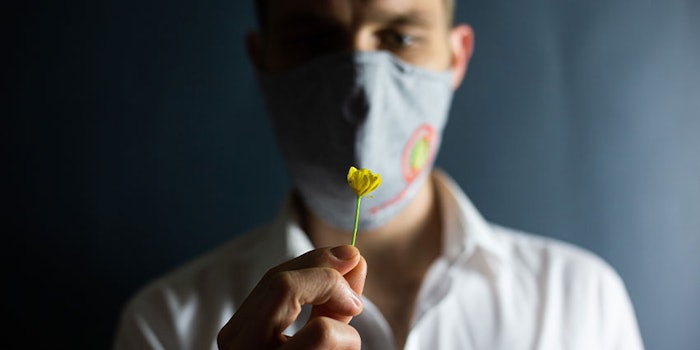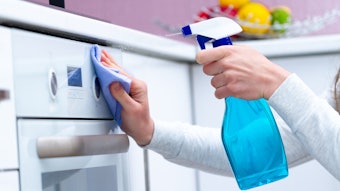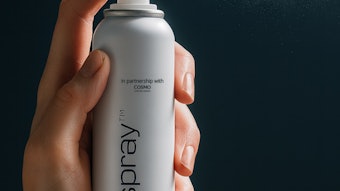
A new clinical study being led by doctors at Massachusetts General Hospital (MGH), Brigham and Women’s Hospital (BWH) and Spaulding Rehabilitation Hospital is being created in collaboration with International Flavors &Fragrances (IFF) who donated the scents from their living technology collection.
Previously: IFF Names Seventh Master Perfumer: Shoji Kumasaka.
Researchers are pioneering a self-administered smell test that may detect the early stages of anosmia (smell loss). This early awareness of exposure may trigger testing sooner and improve the overall accuracy of testing for COVID-19.
Emerging research on patients infected with Covid-19 shows that self-reporting anosmia and dysgeusia (loss of taste) are common early symptoms of the disease.
After receiving the small card in person or by mail, the test can be conducted on each patient’s own phone, tablet, or home computer. On the app, subjects will answer a series of questions about COVID-19 symptoms and subjective loss of smell and taste.
Up to 400 patients at MGH, Brigham and Women’s Hospital and the Spaulding Rehabilitation Hospital will participate in this first round of testing. The Blavatnik Sensory Disorders Fund at Harvard Medical School is supporting the development of standalone apps that will enable longitudinal symptom tracking and smell testing.
MFR Samplings, in Argentina, provided their support with 500 cards for the pilot study while Arcade Beauty, an American company, contributed odor labels. ADK Group, a Boston-based app developer is assisting in getting the first prototype of the app running for the pilot phase.
"There is so much we don’t know about COVID-19, but the research shows that loss of smell and taste play a prominent role in identifying possible patients with the virus,” said Dr. Mark Albers, an MGH neurologist specializing in memory and olfactory disorders and the principal investigator of the study. “If we can provide reliable self-administered tests to people and health care workers, we may be able to slow the spread of the disease in the future and chart recovery of smell function, which may be helpful to determine when it is safe to reengage after having the COVID infection.”
“IFF has a long history of developing innovative solutions for a multitude of global challenges,” said Dr. Gregory Yep, IFF’s Chief Scientific and Sustainability Officer. “Our ongoing collaboration with Dr. Albers underscores our commitment to do more good for people and planet, and I hope our donation can help contribute to a solution for this pandemic.”
“Technology has a huge role to play in the work to end this pandemic and provide answers to researchers,” said Dan Tatar, Founder and CEO of ADK Group. “ADK is excited to bring our expertise to this study and to help shed more light on the disease.”










